The first meeting of the Public Engagement with Research Network (PER Network) was held in Fusion building on Tuesday 28 January, facilitated by the Knowledge Exchange and Impact Team.
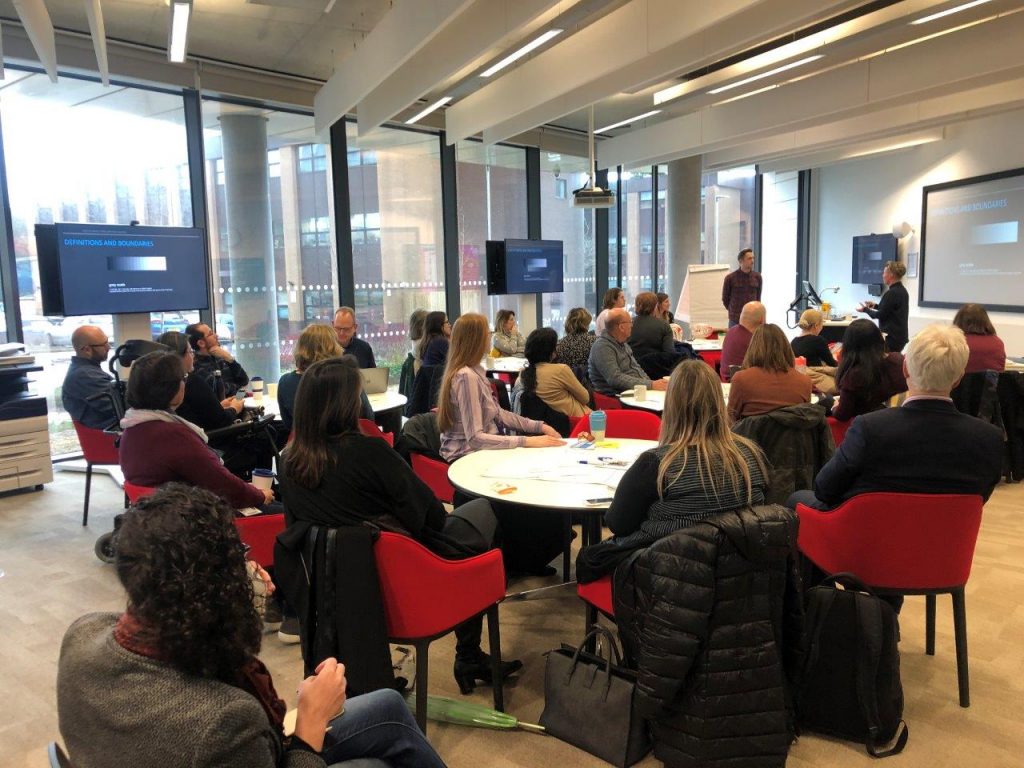
The network will focus on BU staff sharing their experiences of public engagement activities, facilitating networking and collaboration, and developing skills and knowledge of public engagement with research in a BU context.
The first meeting aimed to establish the network and start an ongoing discussion on the content and opportunities that the network could provide.
We started with an introduction to the network and an overview of support for public engagement with research at BU.
Dr Emma Kavanagh and Dr Adi Adams then joined us to share their experiences of using an arts-based installation to engage a public audience with the topic of violence in sports coaching.
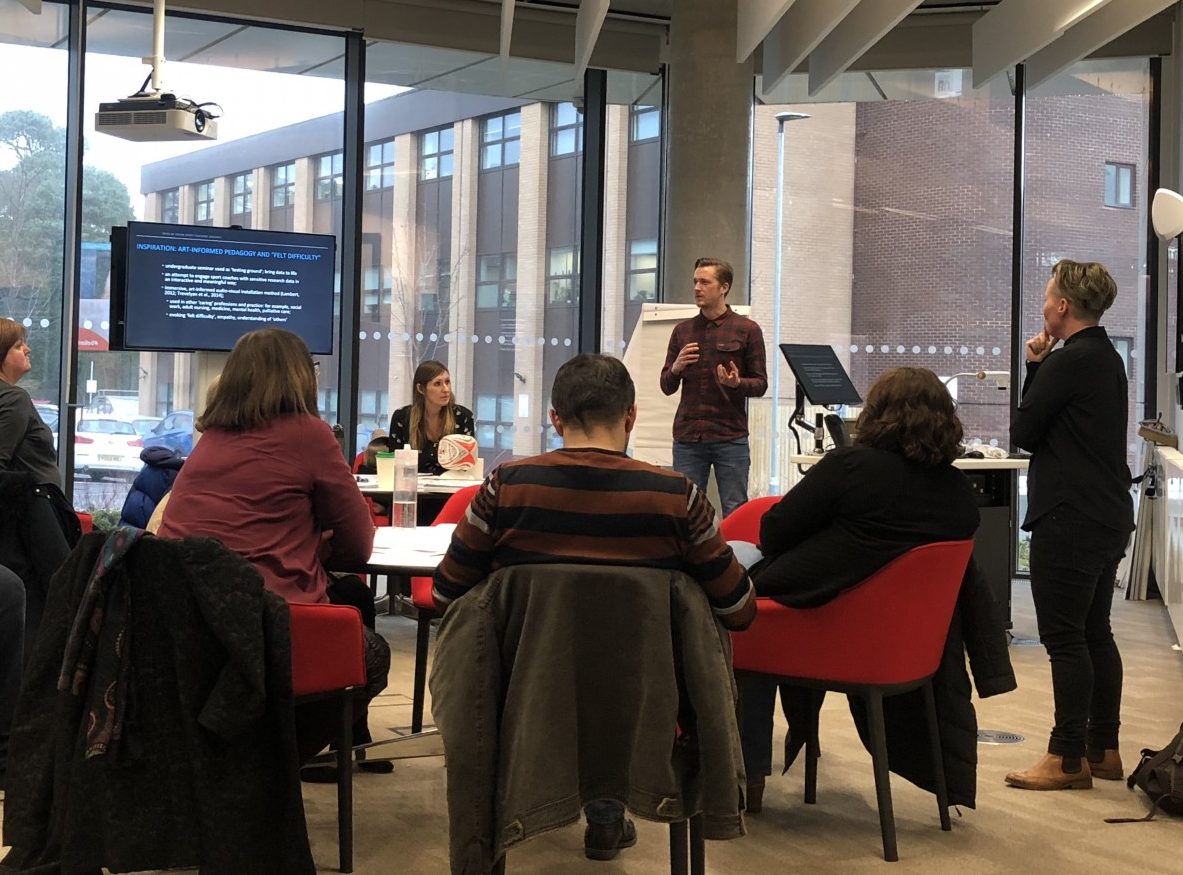
Impact Officer Matt Fancy wrote about their event shortly after it was held as part of the ESRC Festival of Social Science 2019.
At the meeting, they talked about their art-based inspiration for the project, and how it brought to life research data that might otherwise have gone unnoticed outside of academia. The project successfully involved students throughout the process, from recording the spoken words to helping run the event. Terri Harvey, a student on the BSc Sport Development and Coaching Sciences, was involved from the start and is using the process as the basis for her undergraduate project.
The session was popular with network members on social media;


We also used this meeting to discuss the future of the network; what content people wanted to see at future meetings, how to make the meetings convenient to attend, and what people would like from a public engagement with research newsletter.
This valuable feedback was collected and has informed a survey, which aims to investigate deeper, as well as including those not in attendance, to ensure the data we have is representative and accurate.
We would like as much feedback as possible in order to align this network to the priorities of its members. Whether you attended the meeting, were unable to attend, or are discovering it for the first time through this post, if you are interested in the network then we would appreciate you taking 5-10 mins to complete our survey.
If you’d like to sign up as a Public Engagement with Research Network member, to receive the new newsletter and details of future meetings, use the link below.



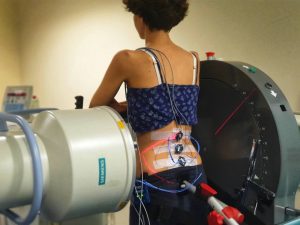 healthy adults. This is the biggest study of its kind and those who volunteer for this research study will get the chance to see their spine move in real-time.
healthy adults. This is the biggest study of its kind and those who volunteer for this research study will get the chance to see their spine move in real-time.
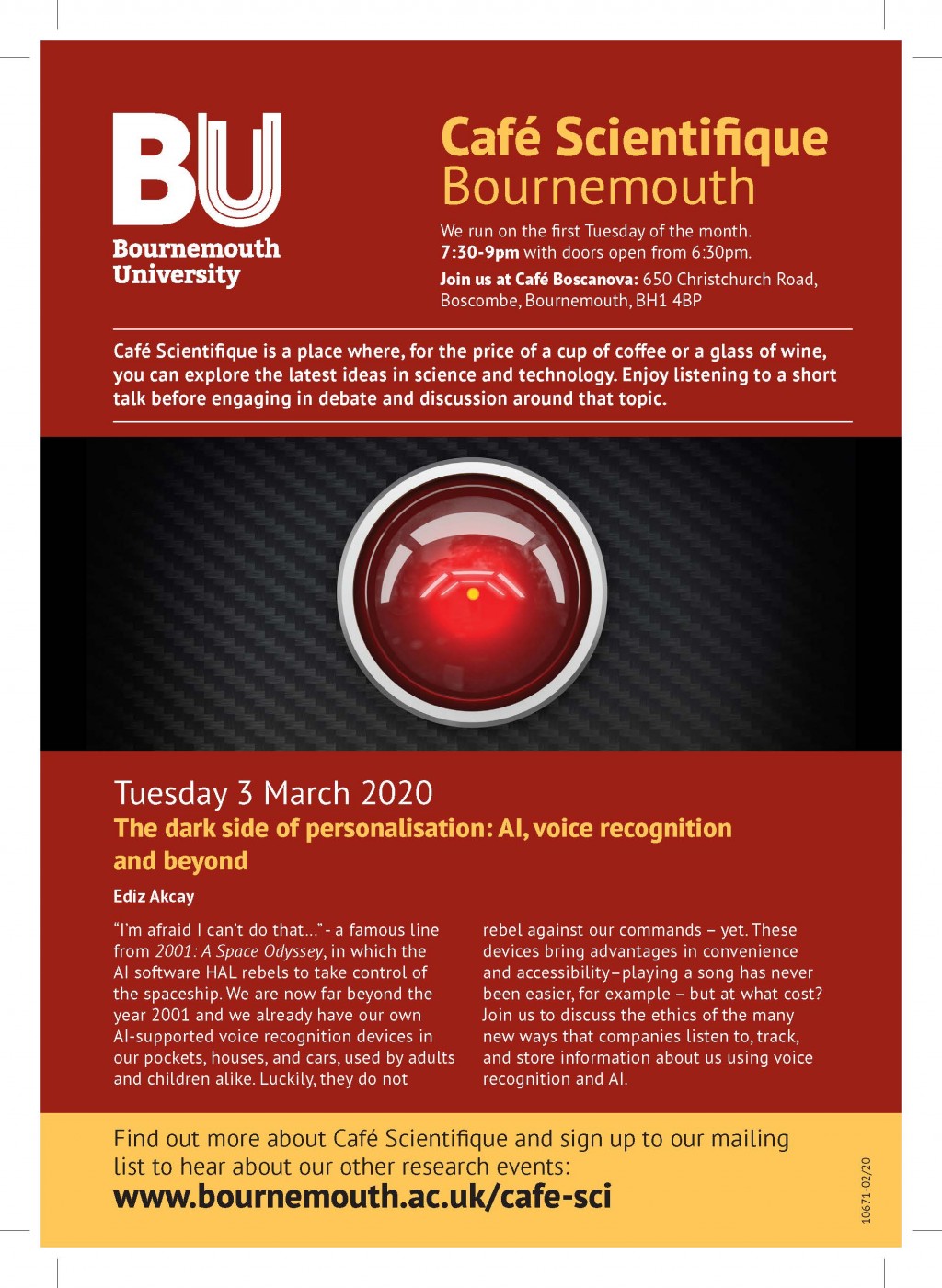
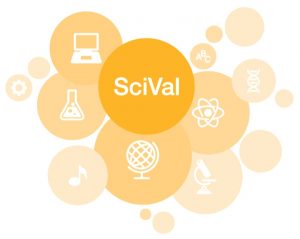
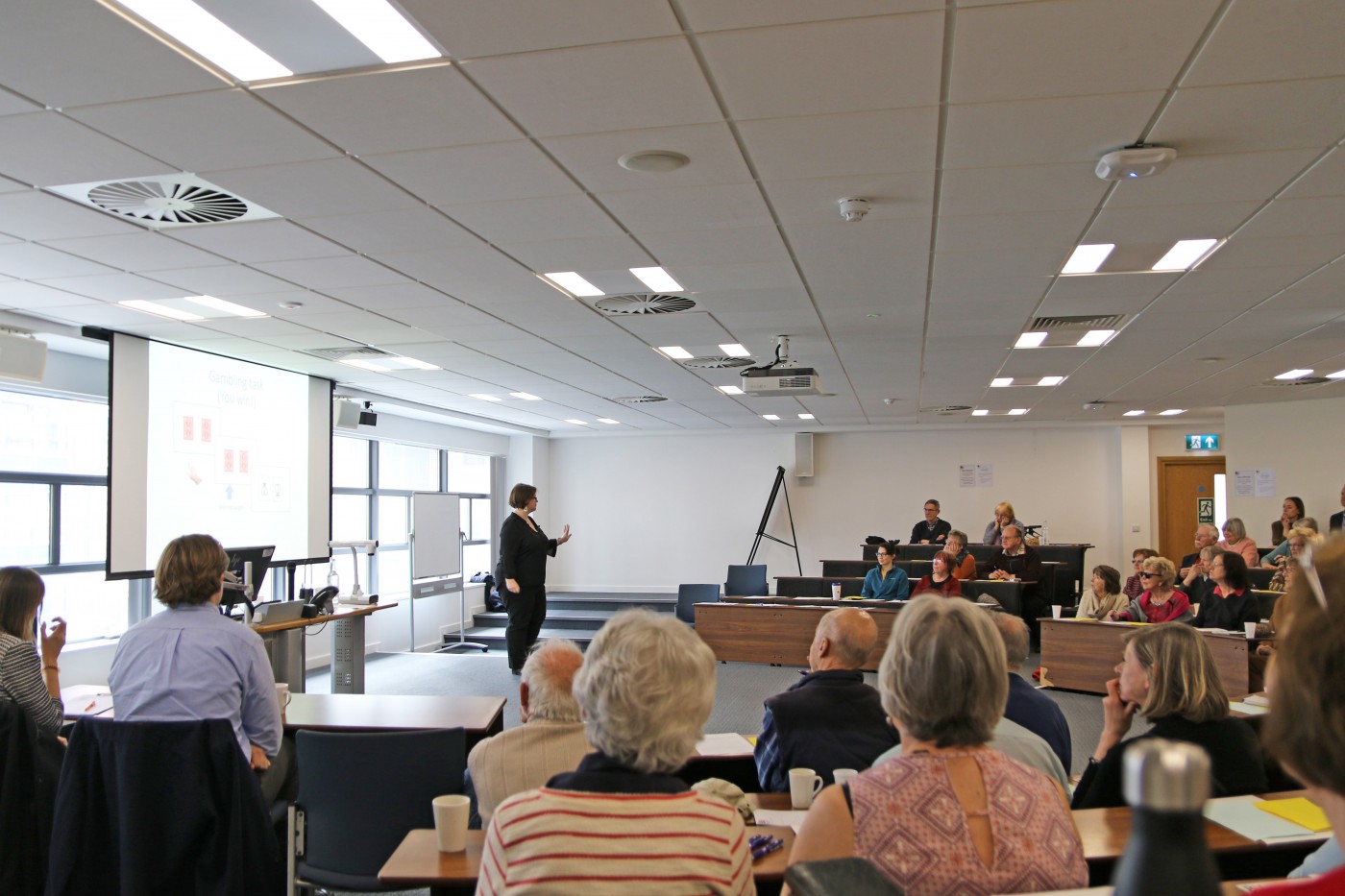

 Dr Kip Jones, Reader in Qualitative Research and Performative Social Science retires from Bournemouth University at the end of February, but will continue with PhD supervision on a part-time basis. He has four potential publications in discussion with publishers, including a volume on PSS.
Dr Kip Jones, Reader in Qualitative Research and Performative Social Science retires from Bournemouth University at the end of February, but will continue with PhD supervision on a part-time basis. He has four potential publications in discussion with publishers, including a volume on PSS. 



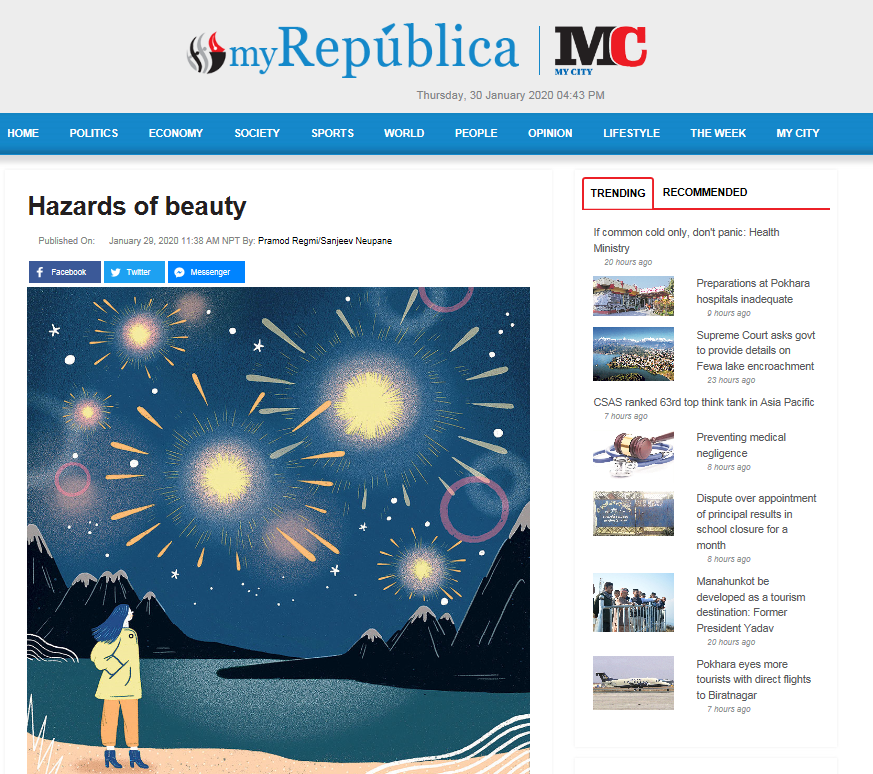











 Upcoming opportunities for PGRs – collaborate externally
Upcoming opportunities for PGRs – collaborate externally BU involved in new MRF dissemination grant
BU involved in new MRF dissemination grant New COVID-19 publication
New COVID-19 publication MSCA Postdoctoral Fellowships 2024
MSCA Postdoctoral Fellowships 2024 Horizon Europe News – December 2023
Horizon Europe News – December 2023